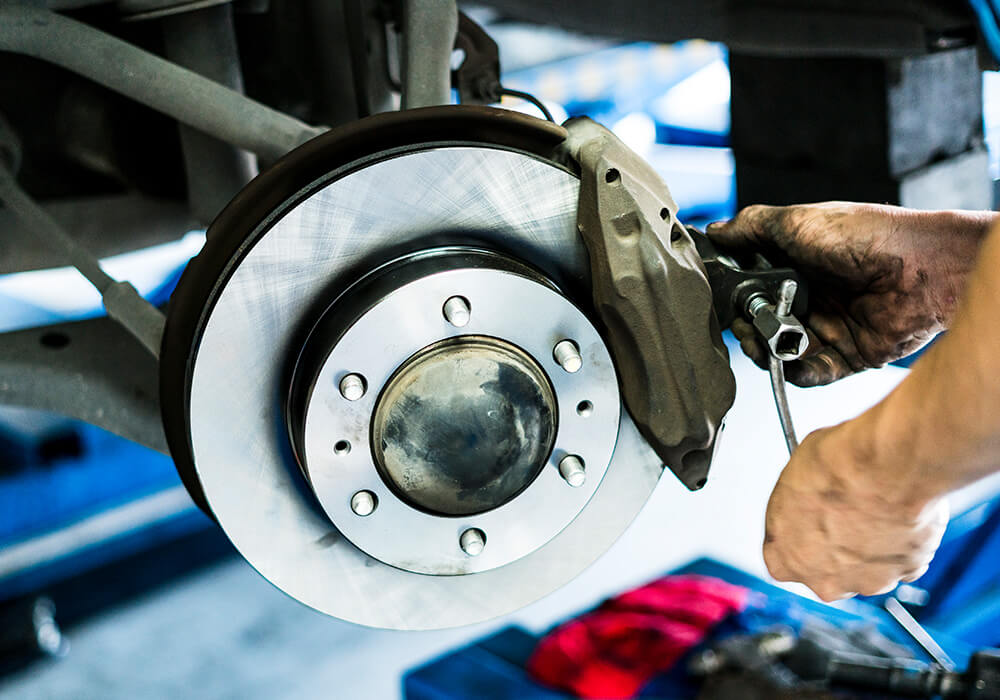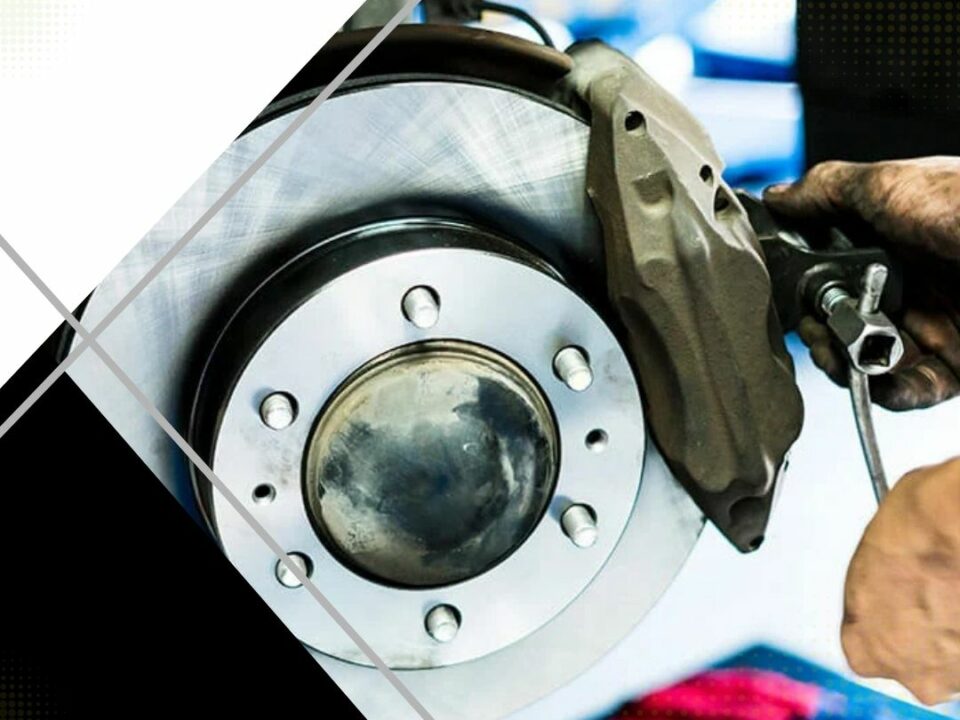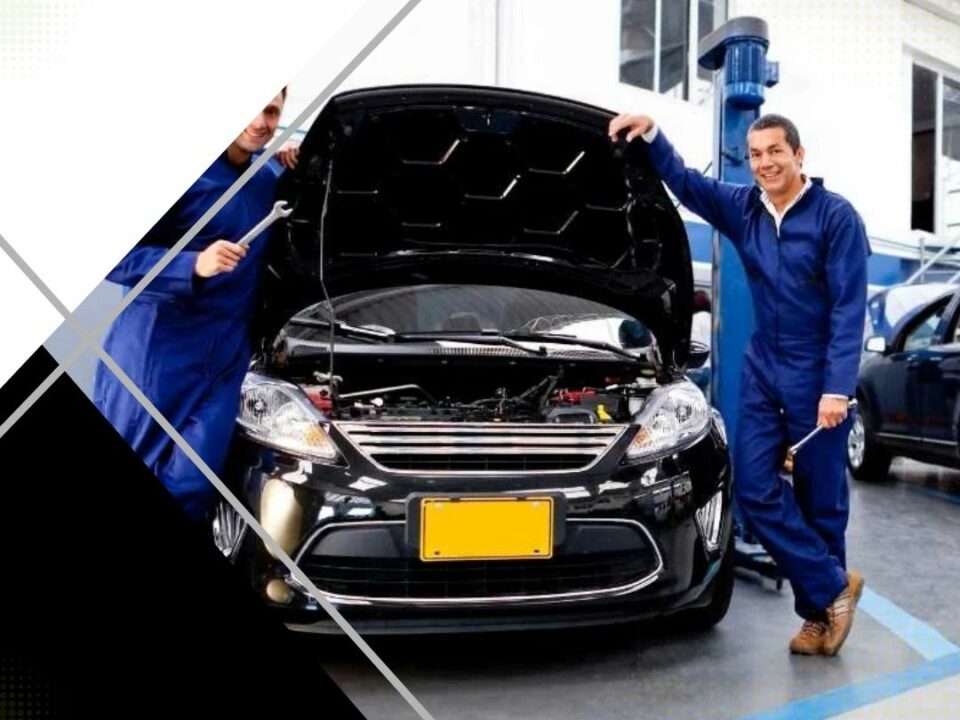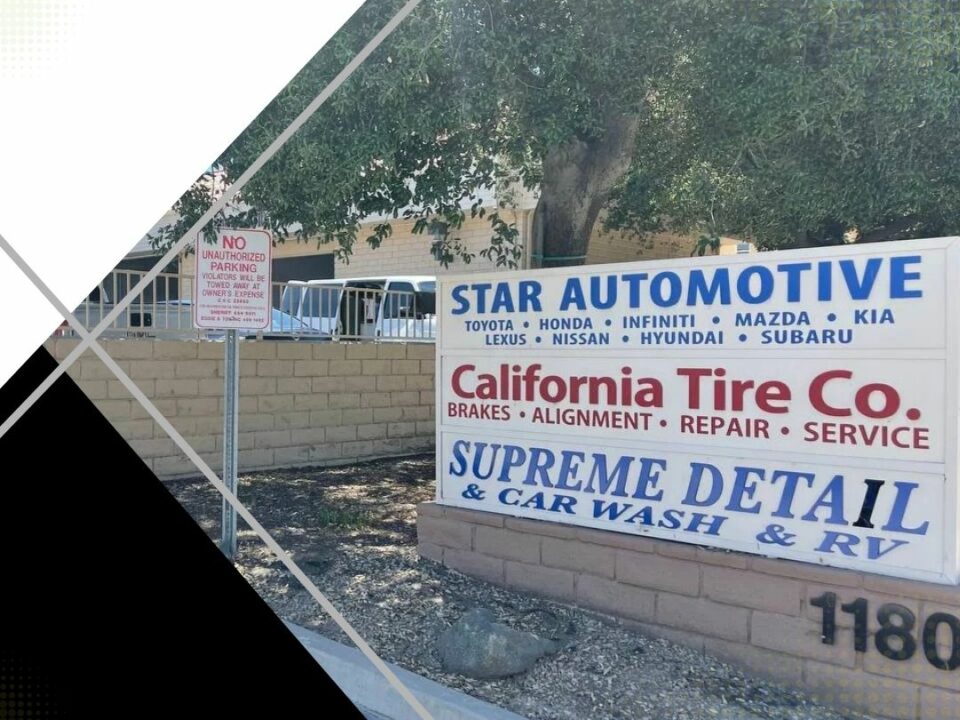Why Preventive Maintenance Is Essential for Long-Term Vehicle Health
September 16, 2024The Ultimate Preventive Maintenance Checklist for Your Vehicle
September 16, 2024
Preventive maintenance is a cornerstone of cost-effective vehicle management, leveraging early detection to preempt extensive repair costs. Regularly scheduled inspections, precise oil changes, and stringent adherence to manufacturer-recommended service intervals are essential practices. These measures not only mitigate the risk of major mechanical failures but also optimize vehicle performance and longevity. Understanding the significant financial benefits tied to preventive maintenance requires exploring specific strategies and real-world examples that underscore its efficacy. How can these methods be pragmatically integrated into your vehicle care regimen to ensure maximum savings?
Importance of Preventive Maintenance
In the realm of vehicle maintenance, the significance of preventive measures cannot be overstated. Preventive maintenance encompasses a series of proactive steps, including regular inspections, timely oil changes, and fluid level checks, designed to forestall potential malfunctions. This systematic approach not only elongates the lifespan of the vehicle but also enhances its operational efficiency. By adhering to manufacturer-recommended service intervals, vehicle owners can preemptively address wear and tear issues before they escalate into costly repairs.
From a cultural standpoint, preventive maintenance embodies a commitment to both personal responsibility and community safety. Engaging in regular upkeep fosters a sense of diligence and foresight, virtues that resonate deeply within automotive enthusiast communities. Technical terminology such as “diagnostic assessments” and “engine performance optimization” highlights the specialized knowledge required to execute effective maintenance protocols. Utilizing advanced diagnostic tools allows technicians to identify and rectify minor issues, thereby preventing major system failures.
Cost-Effective Maintenance Tips
Maximizing the cost-effectiveness of vehicle maintenance demands a strategic approach that blends technical proficiency with practical insights. Regularly scheduled oil changes are fundamental; utilizing high-quality synthetic oil can extend engine life and enhance fuel efficiency.
Tire maintenance, including rotation and alignment, not only prolongs tire lifespan but also ensures optimal vehicle handling, crucial for safety and performance.
Incorporating diagnostic tools for early detection of potential issues can significantly reduce repair costs. For instance, OBD-II scanners can identify engine faults before they escalate into more severe problems.
Keeping the cooling system in check by flushing and refilling the coolant per manufacturer recommendations prevents overheating, a common cause of engine failure.
Battery health is another critical aspect. Regular inspection and cleaning of battery terminals can prevent corrosion-related issues. Additionally, integrating seasonal checks—such as ensuring the integrity of the heating and cooling systems before extreme weather—can preempt costly repairs.
Leveraging a maintenance log to track service intervals and part replacements fosters a proactive approach. By adhering to these cost-effective maintenance tips, vehicle owners can enjoy a sense of community within a culture that values both financial prudence and mechanical reliability. This strategic maintenance approach ensures longevity and reliability, aligning with the ethos of preventive care.
In conclusion, preventive maintenance serves as a crucial strategy for reducing vehicle repair costs by addressing issues before they escalate. Regular inspections, timely oil changes, and adherence to service intervals are fundamental practices that enhance vehicle longevity and operational efficiency. Why incur the expense of major repairs when preventive measures can avert such costs? Embracing preventive maintenance not only saves money but also ensures the vehicle remains in optimal condition, providing long-term economic benefits.
Next article Prev article


